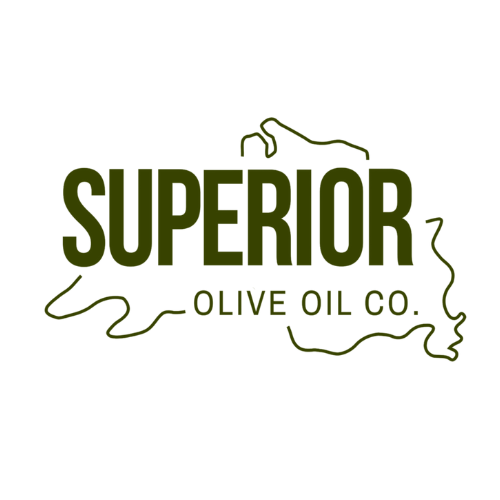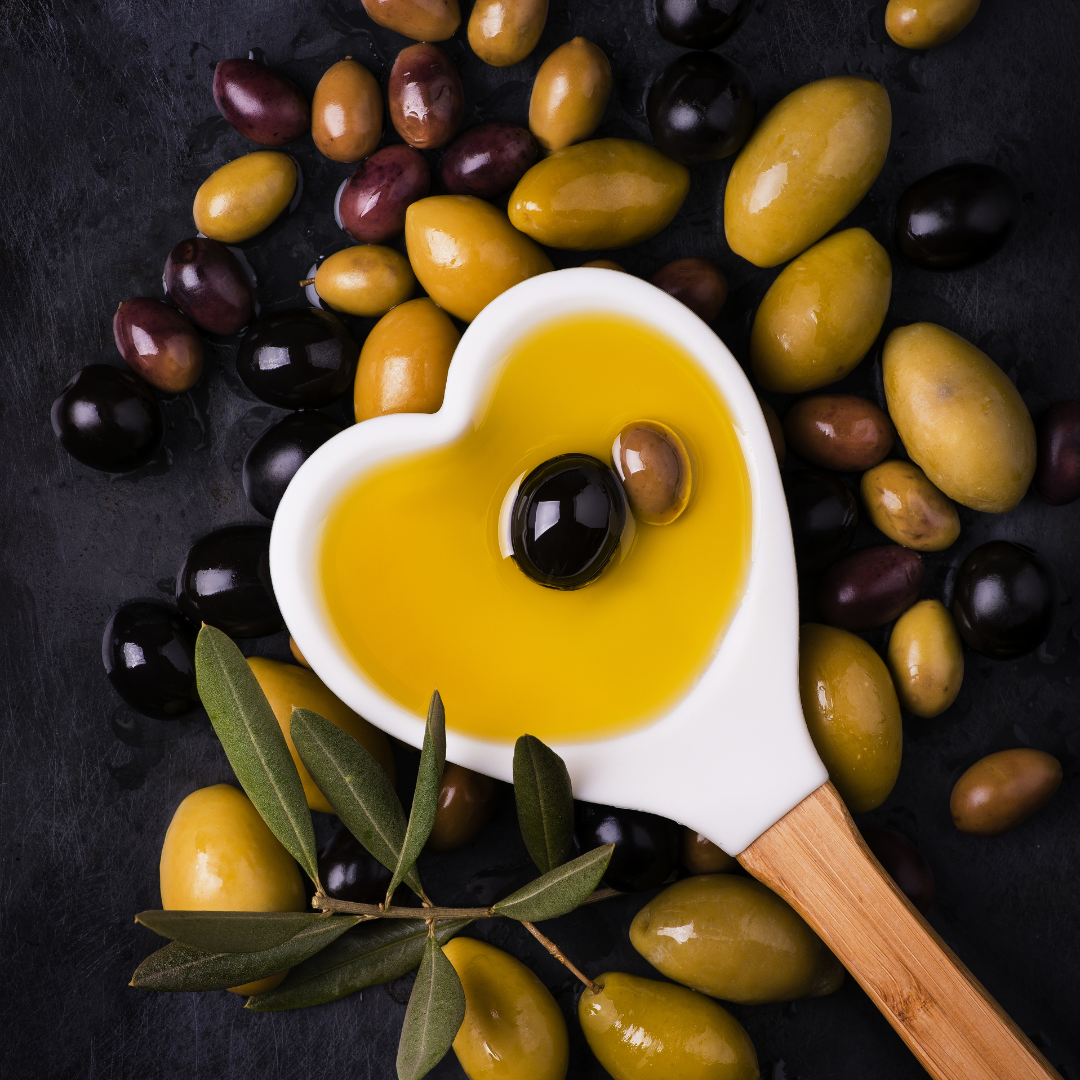Olive oil, often referred to as "liquid gold," is not just a kitchen staple; it's a timeless treasure with a rich history. As we embark on this olive oil journey, we'll unearth fascinating tidbits that shed light on its historical significance, cultural value, and its role in the world of culinary delights. So, grab your apron and join us in exploring the world of olive oil.
Ancient Roots and Mediterranean Beginnings
- Olive oil has been in production since at least 6000 BCE in the Mediterranean region, initially made by crushing olives with stones and pressing the paste.
- In ancient Greece, the olive branch was a symbol of peace, and it even gave rise to the city of Athens.
UNESCO's Nod to Olive Tree Cultivation
- In 2010, UNESCO recognized traditional olive tree cultivation and pressing methods in the Mediterranean as an Intangible Cultural Heritage.
Healthy Living with Olive Oil
- Olive oil is a cornerstone of the Mediterranean diet and is associated with numerous health benefits, including reduced risk of heart disease and cancer.
A Flavorful Palette of Olive Varieties
- There are hundreds of olive varieties, each with a unique flavour profile, including Arbequina, Picual, Kalamata, and Manzanilla.
Understanding Olive Oil Grades
- Olive oil is categorized into different grades, including Extra Virgin, Virgin, and Olive Oil (Refined), with Extra Virgin being the highest quality.
Harvesting Olives: An Autumn Tradition
- Olive trees are traditionally harvested by shaking the branches to make the olives fall onto nets, a process known as "beating."
The Ageless Olive Trees
- Olive trees are known for their longevity, with some believed to be over a thousand years old.
Olive Oil in Art and Literature
- Olive oil has been a subject of fascination for artists and writers, appearing in numerous paintings, poems, and literary works.
Global Olive Oil Production and Culinary Inspiration
- Spain, Italy, and Greece are the top producers of olive oil worldwide, but it's also made in countries like the United States, Turkey, Tunisia, and Morocco.
Olive oil is not just a kitchen essential; it's a timeless ingredient that connects us with history, culture, and health. From ancient rituals to modern culinary creations, olive oil's journey is one of rich tradition and vibrant flavour. So, next time you reach for that bottle of olive oil in your kitchen, remember the liquid gold's remarkable story and its delicious potential in your dishes.

